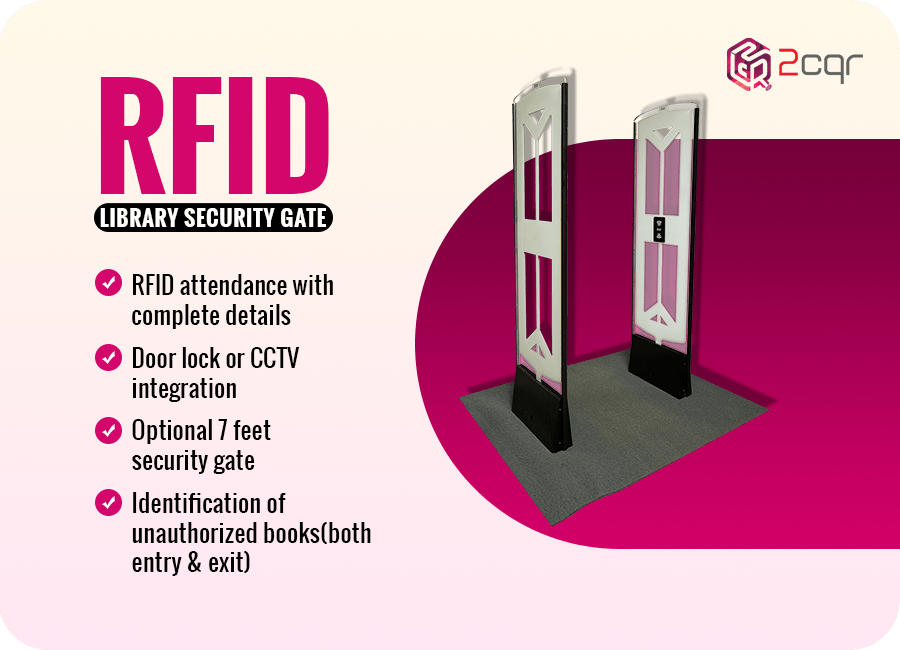
The acceptance of RFID technology in libraries has been growing across the world with a belief in effortless and efficient library management and a longer return on investment in the near future.But, the hero of the entire RFID system to ensure hassle-free automatic management of the libraries is RFID tags in library management. It’s crucial to choose compatible RFID tags to experience the best results in RFID-based library management.
In this article, we’ll explore the probable challenges you can face when using incompatible RFID tags in libraries
Interference: Failure to Detect Signals
RFID tags in library management are not a one-size-fits-all solution. Failing to choose tags suitable for the material they will be affixed to can result in tag interference, disrupting the signal received by the tags from the readers. This leads to either no data processing or affects the system’s reliability, resulting in failure to detect or identifying the wrong tag.
Disturbance in Operational Flow
Most operations in RFID-based library management rely on information stored and transmitted from the tags after being powered up by the radio frequency signal received. Using incompatible RFID tags can lead to the malfunction of the entire system, with wrong or no information. This disruption can cause delays and disturbances in the operational flow, ultimately affecting the user experience.
Maintenance: Challenges and Expenses
Using incompatible RFID tags requires constant efforts, including adjusting reader settings, clearing unwanted data, reprogramming correct data, and working on authorization settings. It may also involve the replacement of suitable tags to ensure the efficient functionality of the system. This not only increases library expenses but also poses practical challenges and consumes valuable time.
Negative User Experience
Incompatible tags may not be effectively read by RFID readers, leading to difficulties during check-in, check-out, and inventory management processes. Patrons may experience frustration and inconvenience if library resources cannot be efficiently checked out or located due to tag incompatibility. This can negatively impact the overall user experience and satisfaction with the library’s services.
Limited Functionality
RFID technology offers advanced features like detailed data analysis, security, real-time movement of assets, and scalability. However, the presence of incompatible tags can significantly impact these functions due to the lower probability of accumulating and processing the right data on time.
In conclusion, selecting compatible RFID tags is paramount to the success of RFID-based library management. It ensures smooth operations, cost-effectiveness, and a positive user experience, ultimately maximising the benefits of this technology for libraries.


